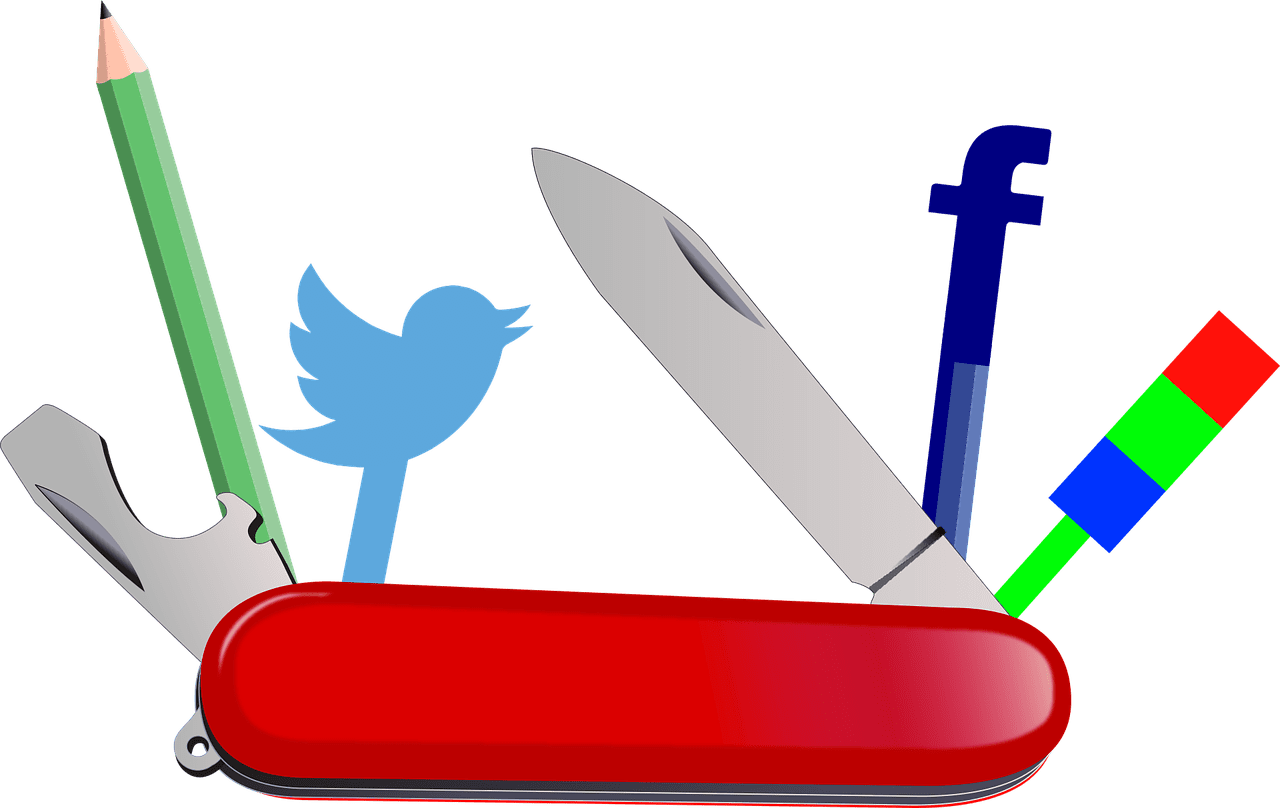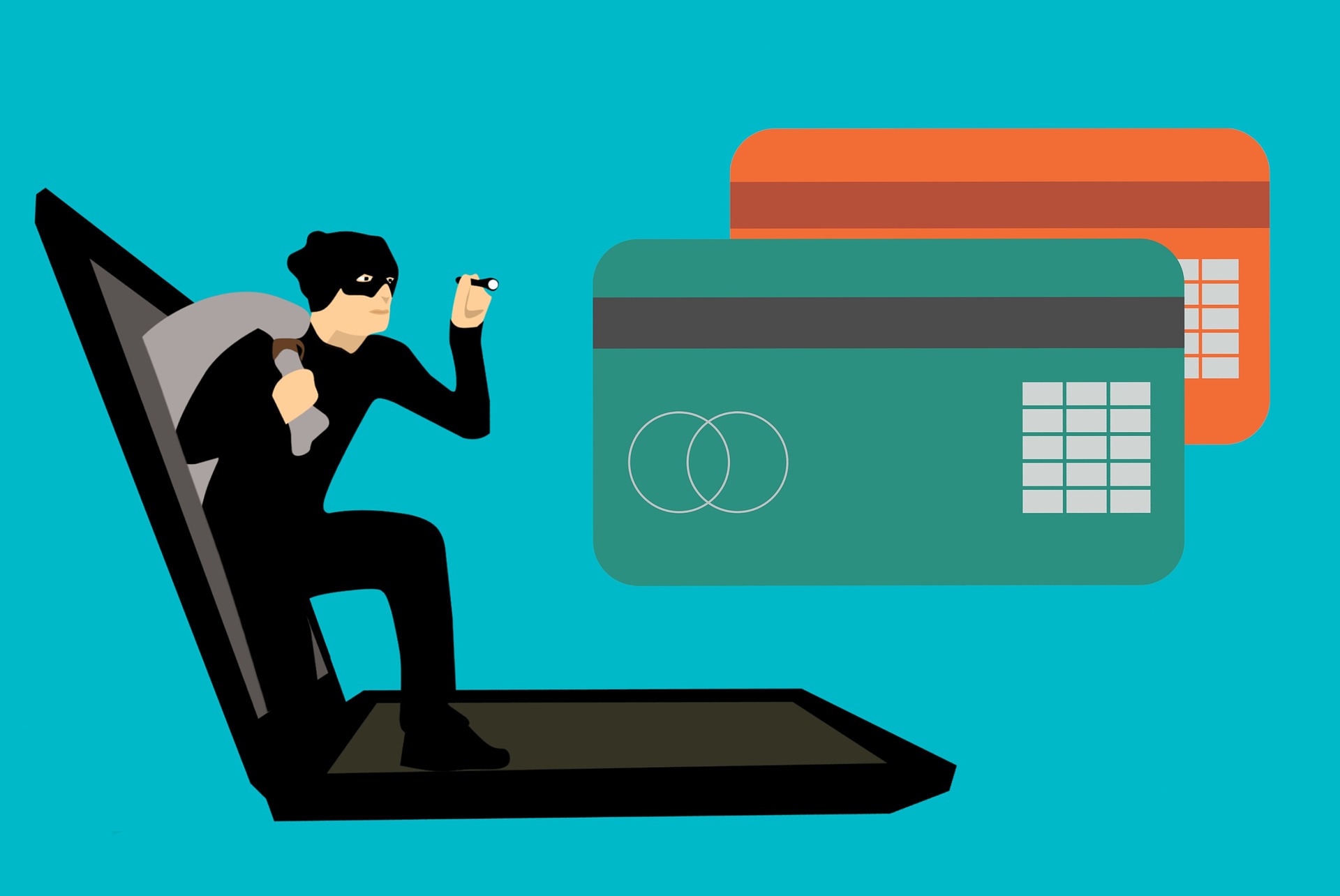Internet Was Never Made Keeping Anonymity In Mind
In August 2014, naked pictures of more than 100 actors, singers, and other well-known women including celebrities like Jennifer Lawrence, Rihana, and Avril Lavigne were leaked on the internet - after a hacker named Ryan Collins completed a two-year phishing scam to gain the passwords of more than 100 people.
According to a Cosmo Survey conducted by Cosmopolitan.com 9 out of 10 Millennial women take naked pictures of themselves. And they are stored in either mobile’s local storage or the cloud(internet). And unfortunately, all of these locations are not so safe to store those photos.
My dear friends, you won’t believe how you, your data, and your every activity are being tracked regularly by your own smart devices, websites, social media(Facebook, Instagram, etc), and apps you trust the most. Let us see how.
By the end of this blog, you will be able to implement ways to protect anonymity on the internet.
Who is following you?
Are you feeling like advertisers are following you? Well, you are right.
It was more than 20 years ago when the internet caused an upheaval change in the advertising industry.
Brands started publishing their ads and promotions across websites, often tailored to people’s specific interests, threatening newspapers and magazines that had relied on selling printed ads. It also dethroned television advertising as the primary way for marketers to reach large audiences.
And, it was the moment when digital ads started powering the growth of Facebook, Google, and Twitter which offered their Search and Social Networking services to people for free.

Were those really for free?
Not really.
In exchange for these free services, people sacrificed their anonymity. People started getting tracked from site to site by technologies including Cookies, and their personal data started getting used to target them with hyper-targeted ads. So, what data are tracked and how?
Cookies and Activity Log
When you visit websites, along with each and everything you click, your browsing activities are stored in the browser by websites in the form of cookies - a text file stored in your device.
Youtube keeps track of what you watch to suggest what video you might like. Amazon keeps track of items you visit and purchase to suggest you next items you might like.
Google keeps records of things you search for, it helps them to suggest you more relevant searches and create personalized ads.
According to ProPublica in 2018, Facebook collected more than 52,000 unique attributes of user data that it uses to classify users. That is more than just enough information for a single person.
According to a blog published in Juicer.io, Social Media data include behavioral data, engagement data, personal data, attitudinal data related to feelings and emotions, preferences data about how users identify and support various activities, ideas, content, etc.
In simple terms, these tech giants know more about you than your family does.
Why Is Data So Important For Businesses?
When you search for symptoms of your disease, or procedures to cure it, or when you use a fitness app and give it every information related to your health, the data is shared with the 3rd parties including your gender and location.
This information can even include credit card transactions, google maps history, and search history. When they are combined with real-time information from your voter card, land registration, and shopping habits, these data collectively reveal a lot about you like whether you are technical or political or spiritual or risk taker. And then what?
Some data brokers collect, package, and sell detailed profiles of individuals like you based on your online and offline behaviors.
They learn about you and sell your virtual existence in the form of data packages as if you are the product.
The companies who buy these data packages predict your future behaviors and make decisions for you without your consent by showing you ads and promo videos, mailing you, or messaging you on WhatsApp.
Your Smart Devices Are Getting Smarter
With the revolution of smartphones, the way for the Internet of Things (IoT) was waved, and the idea of embedded chips, sensors, cameras, and network connectors in everyday objects around us enabled them to send and receive data.
AI made it easy to recognize people, their voices, eyes, faces, and fingerprints. These smart devices are watching us, listening to us, and collecting our data.
Devices like Amazon Echo, Google Home, or Amazon ring security cameras can track where you go, how many people live in your home, and what you are buying and selling.
Companies say that they do because they want to improve user experience.
Do you think you are watching TV? Well, sometimes the case is just the opposite.
Even Your Children Are Not Safe
Smart kids' toys are violating rules of children’s privacy and anonymity. Cases were seen where smart dolls asked children for their personal information, and their favorite TV shows, and collected those in the company’s data server.
Cases were also seen where hackers get into dolls and ask the children for their information.
Amazon was accused by pair of lawsuits of using its Alexa voice assistance for recording the voices of millions of children.
How are governments crossing limits?
The surveillance power of the government exceeds the law that is there to safeguard citizens' rights. As a result, our security, privacy, and freedom are all being undermined.
Technology has enabled governments to record collect, process, and analyze our data on an unprecedented scale.
It is now possible for them to monitor the entire population of that particular country.
What More?
It is not only the companies who want your data. There are cybercriminals too.

Pirated content like movies and software sometimes comes with Trojan Horse malware that can steal software from your computer on regular basis, can have control of your computer and you don't even know.
Hackers have become so powerful that they can hack into the database of big companies, and governments, containing millions of user data, and publish it at once on the internet.
Why should you even care, when you have nothing to hide there is nothing to fear, right?
Wrong. Someone might be using your credit card and you might not even know.
Being anonymous means being able to exercise your full freedom of speech, freedom of movement, data security, and freedom to stay hidden. Our every data is already in another’s hand so we are already hacked. And we are tracked even by not doing anything wrong.
Imagine a person harassing you by releasing your private information on the internet.
The biggest example is the 2016 US presidential election when data from 87M users of Facebook was improperly obtained by Cambridge Analytica(hired by Trump's Campaign) which was pulled from personalized quizzes. It gained data like what pages users liked, where they lived, etc and it helped them create psychological profiles that analyzed characteristics and personality traits and thus showed them hyper-targeted ads to change the minds of millions of people who voted.
Call to Action: How to protect your anonymity?
The Internet was never made with keeping anonymity in mind.
Even at the very beginning IP addresses were tracked and now you can see what is not. But still, there are some ways to prevent your data from being stolen, leaked, and misused:
- Don’t click on links from unknown emails or sources.
- Don’t download pirated files like .exe files, pdfs, and movies from untrusted websites.
- Use a trusted, and no-log VPN.
- When you install apps read the terms and conditions carefully and don’t allow access to your device’s media, camera, microphone, gallery, location, or contacts until necessary.
- To avoid cookies altogether, you can use private browsing mode ( Incognito mode).
- Revenge porn or photos from ex-partners are causing 1000s of suicides every day. So don’t save naked photos on devices or clouds.
- Don’t share passwords, credit card information, or login credentials with anyone, also, don't save those in a drive or cloud.
Hopefully, Some Good Changes Are Happening
Finally, people are getting smarter and raising their voices for their anonymity and privacy.
Apple announced pop-up windows in iPhones that ask people if they want to be followed for marketing purposes. If the user selects NO, the app must stop monitoring and sharing data with 3rd parties.
Facebook is now developing ways to target people with ads using insights gathered on their devices, without allowing personal data to be collected and shared with 3rd parties.
Google said that its Chrome and ad teams concluded that the Chrome web browser should stop supporting cookies but not until it had a different way for marketers to keep serving people targeted ads.
So, my friends, it is on you how much of your data you want to compromise. And think once when next time you say “I don’t have any important data to worry about”.

Vikrant Panjiyar
Please provide your feedback
Reply